..says critical problems in power sector, value chain must be addressed
The Speaker of the House of Representatives, Rt. Hon. Abbas Tajudeen, Ph.D, has announced plans by him to propose a law that would make it mandatory for the relevant Federal Government bodies to consult the National Assembly and other stakeholders before fixing Electricity tariff.
“Accordingly, I will sponsor a bill to provide administrative procedures that entrench proper consultation and legislative review of process for tariff setting in Nigeria’s electricity and other public services,” he said while declaring open a power sector stakeholders interactive dialogue/workshop organised by the House Committee on Power.
The event was themed: ‘Confronting Nigeria’s Power Challenge as the Nation Migrates to a Multi-Tier Electricity Market: A Legislative Intervention.’
The intervention by the Speaker is coming at a time when Nigerians are criticising the recent electricity tariff increment.
The Nigerian Electricity Regulatory Commission had earlier in April approved an increase in electricity tariff for customers under the Band A classification, with the customers paying N225 kilowatt per hour, up from N66.
Band A customers are those who enjoy not less than 20 hours of electricity supply daily. They represent 15 per cent of the 12 million electricity customers in the country.
The Speaker said he would have expected that the forum and extensive consultations would have preceded the implementation of the new multi-tier electricity system.
“Having this consultation now appears to be an afterthought and goes contrary to the Electricity Act, 2024, which mandates consultation with all relevant stakeholders in determining just and fair tariffs,” he stated.
Speaker Abbas cited Section 33 of the Electricity Act 2024 as establishing the National Electricity Regulatory Commission (NERC) as a public agency subject to the oversight responsibility of the National Assembly under Sections 80-88 of the Constitution.
He stated that Section 34 of the Act specifically empowers the NERC ‘to ensure that the prices charged by the licensee are fair to consumers and are sufficient to allow licensees to finance their activities and to allow for reasonable profit for efficient operation’ and to ‘ensure that regulation is fair and balanced for customers, licensee, investors and other stakeholders.’
Speaker Abbas said: “I hope this forum allows all stakeholders to interrogate whether the new system meets the criteria outlined in the Act.
“The fundamental principles of just and fair pricing of electricity as laid out by a leading authority in this field are (1) simplicity, (2) understandability, (3) acceptability, (4) non-controversial, (5) stability, and (6) non-discriminatory. The question before you today is whether the new tariff model meets these principles.
“In framing the way forward, we can look towards best practices and successful models from other countries that have implemented similar market structures. Notable strategies include strong regulatory oversight to ensure fairness and transparency across all tiers.”
The Speaker stressed the need to address the problems bedevilling the power sector and electricity value chain in Nigeria.
Speaker Abbas also stated that the House’s commitment to “transforming the power sector into a model of efficiency and sustainability is unwavering.”
He said despite the challenges, together as stakeholders, a reformed power sector that drives national growth and enhances the quality of life for all Nigerians is achievable.
Speaker Abbas noted that discussions at the forum were set against the backdrop of the significant challenges and remarkable opportunities within our power sector.
He said: “The government’s objective is clear – to foster a resilient, efficient, and sustainable power sector capable of supporting our nation’s ambitious economic and developmental goals.
“Historically, the Nigerian power sector has grappled with challenges that have stifled its growth and hampered its efficiency. These challenges include inadequate generation capacity, dilapidated infrastructure, frequent disruptions in power supply, and financial inefficiencies that have eroded the sector’s viability.
“Moreover, the inadequate metering and the consequent revenue losses have perpetuated a cycle of debt and underinvestment that has undermined the sector’s potential.”
The Speaker said as the nation navigates these challenges, the stakeholders must foster collaborative efforts that leverage both public and private sector expertise and resources. “This dialogue embodies such collaboration and is crucial in charting a forward path,” he said.
Speaker Abbas also said the shift towards a multi-tier electricity market represents a strategic pivot in our approach to power sector reform. He added that this model envisaged a structured market segmentation that allows for differential pricing and service levels tailored to diverse consumer needs and capacities.
He stressed that it promised enhanced efficiency through competitive practices, encouraged investment by delineating clear market segments, and improved reliability and service delivery across the board.
The Speaker noted: “However, this is just one side of the coin. Despite the much-touted benefits, the transition to a multi-tier market is challenging. These include regulatory complexities, the need for substantial capital investment, the risk of market segmentation leading to disparities in service quality, and resistance from different stakeholder groups due to changes in tariff structures.
“We must acknowledge that numerous stakeholders and industry experts have expressed concerns that the proposed increase in electricity tariffs could lead to significantly higher utility bills. This increase could reduce disposable income for consumers, escalate operational costs for businesses, and increase the prices of goods and services, disproportionately affecting low-income earners in Nigeria. Some experts argue that these changes might drive more individuals into poverty, especially as inflation and foreign exchange issues continue to strain households and businesses.
“Additionally, critical problems within the electricity value chain need to be addressed. Technical and commercial losses, which have not been effectively tackled, add inefficiencies that consumers are indirectly forced to cover, contributing to the cost recovery efforts. These losses amount to billions of naira.”
Speaker Abbas commended the government under President Bola Ahmed Tinubu, GCFR, for its “unwavering commitment and robust drive towards overhauling the power sector.”
He recalled that the first bill to be signed into law by the President, barely a few weeks after his inauguration, was the Electricity Act (Amendment) Bill, 2024, which authorised states, companies, and individuals to generate, transmit and distribute electricity. He noted that the law repealed the Electric Power Sector Reform Act (EPSRA) signed by President Olusegun Obasanjo in 2005.
The Speaker also commended Chairman of the House Committee on Power, Hon. Victor Nwokolo, and members of the committee for their relentless commitment and leadership in spearheading the legislative framework that supports the transformative agenda of the President.
“This is in line with our Legislative Agenda, which prioritises economic growth and transformation of key sectors of the economy, especially power,” he said.
At the event were Minister of Power, Chief Adebayo Adelabu, and heads of agencies under the ministry; former Minister of Power and Chairman of Geometric Power Ltd., Prof Bartholomew Nnaji; former Minister of Information and National Orientation, Prof. Jerry Gana; Group Managing Director of Sahara Group, Kola Adesina; Generating Companies (GenCos), Distribution Companies (DisCos), among others stakeholders.

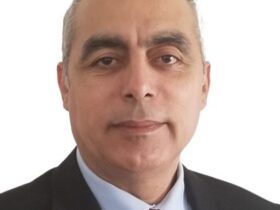


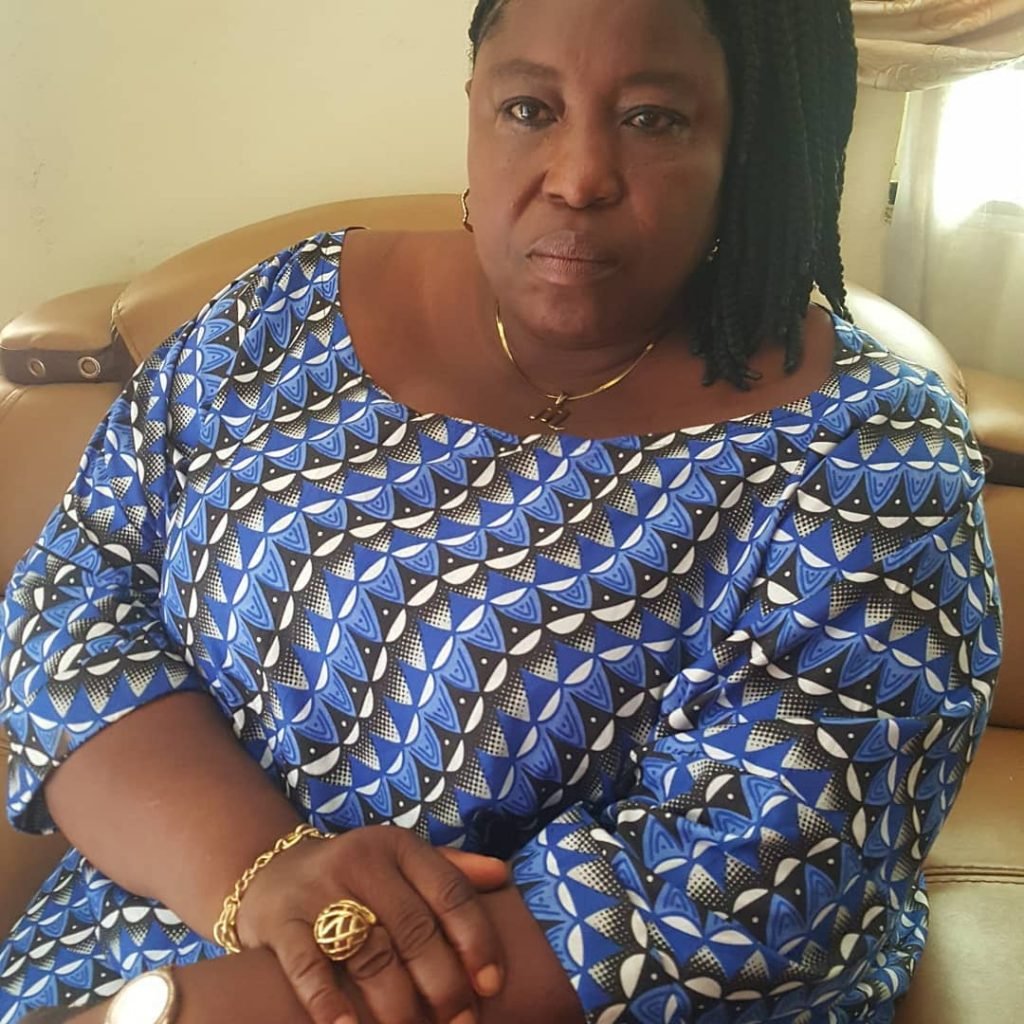

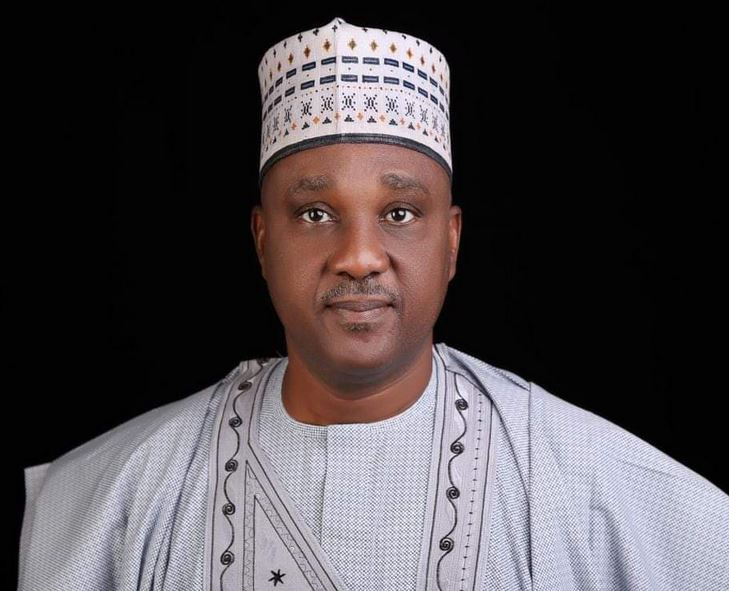
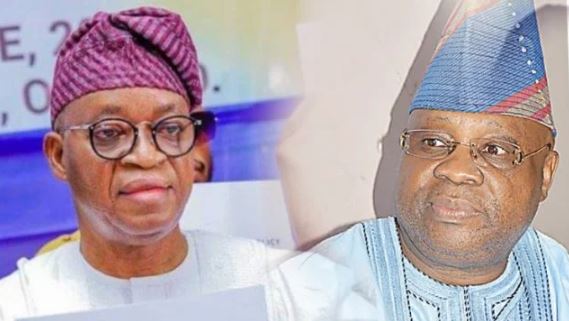
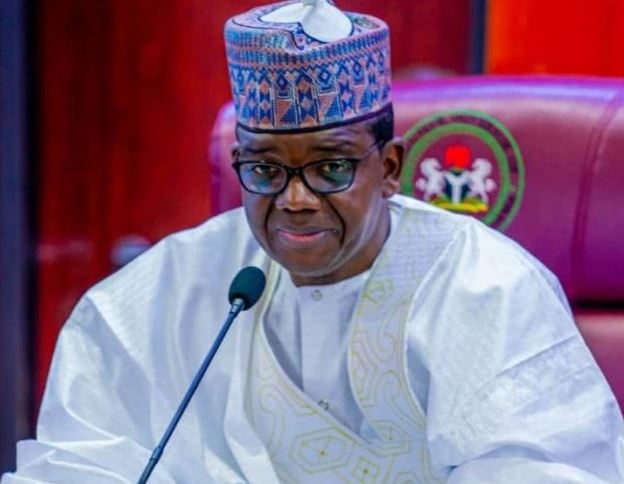



Leave a Reply